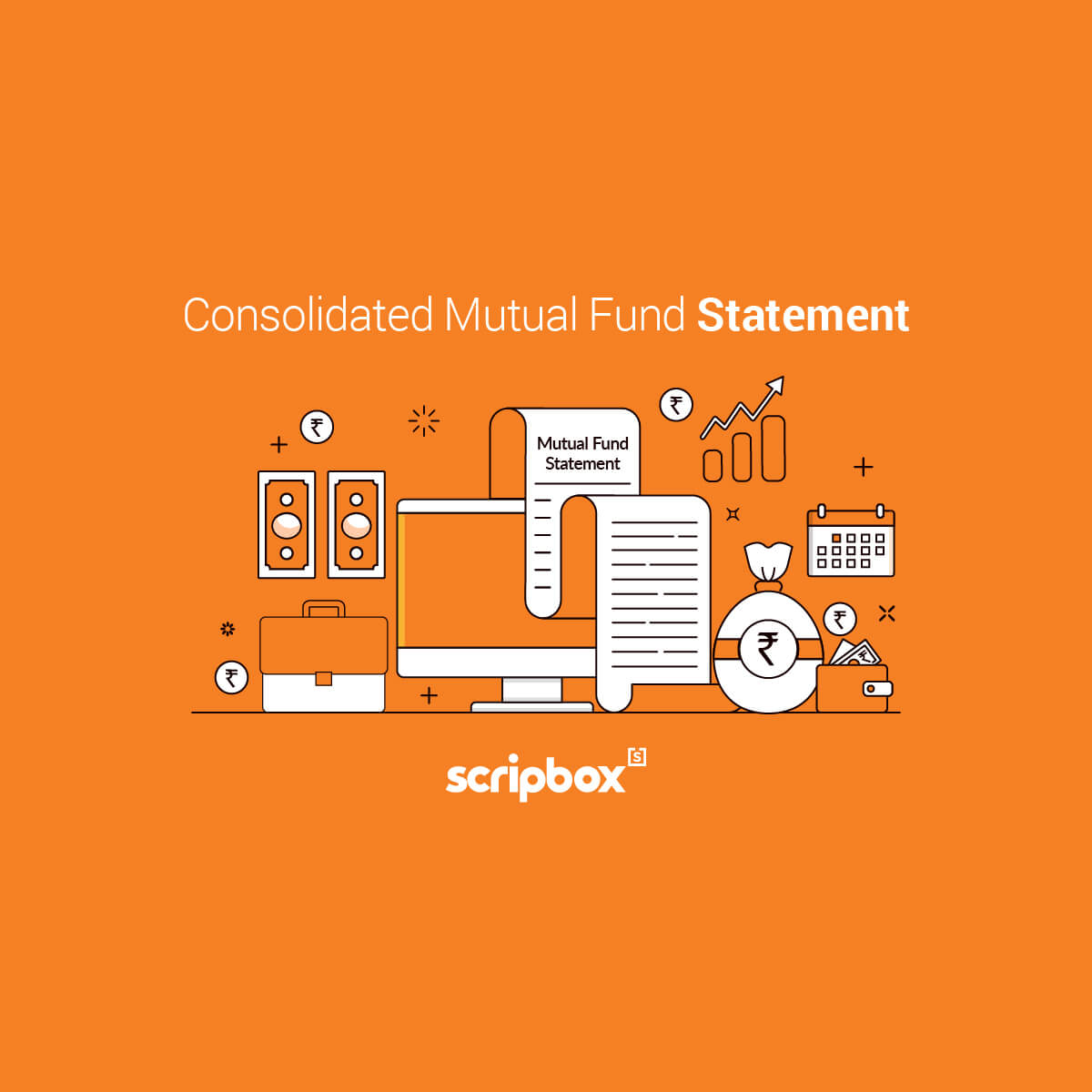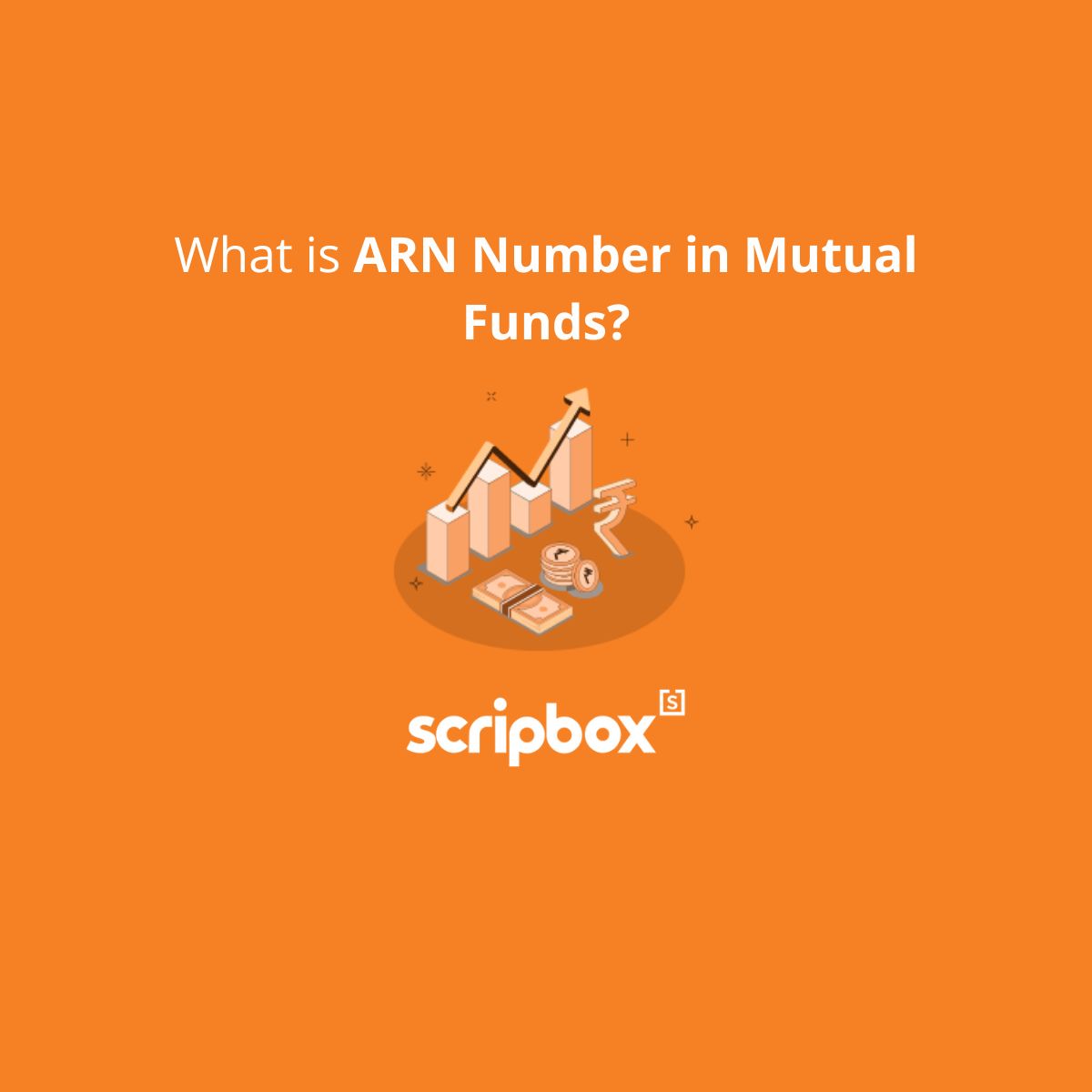It’s tough to find the perfect balance between debt and equity when investing. A mutual fund helps you strike a balance between the two and build a strong portfolio. Among the different types of mutual funds, there are some suitable for your financial needs. You can pick from Hybrid funds if you have low risk-taking capacity. Or opt for Balanced Funds if you are looking for investment options with good returns. Here is a comparison of Balanced Fund Vs Hybrid Fund to help you decide which suits your requirement.
What is a Balanced Fund?
Balanced funds are a type of hybrid funds. They are financial instruments that invest in a mixture of both debt and equity segments. This is because they can help to diversify the risk associated with investing in a single type of investment. It provides investors with greater returns on their investments than when they invest in only one segment.
With balanced funds, you get both capital appreciation as well as protection from risky investments. These funds are mostly equity-oriented as they invest about 40%-60% of the portfolio in equity. It is beneficial for those seeking income opportunities or low-risk investment options.
What is a Hybrid Fund?
Beyond the simple distinction between “high risk” and “low-risk,” there are three main types of investments. These types are equity or high-risk, debt or low-risk, and hybrid. While some investors are comfortable with purely a high-risk investment type others may have different financial requirements. Hybrid funds offer just what they need, financial flexibility with an added layer of security when times get tough. Investing can be a daunting, yet exciting task. Your investment strategy depends on many factors i.e. your financial goals, risk tolerance, and investment period. However, there is no one-size fits all solution. Every individual has different needs and aspirations which makes categorizing investors into high or low risk difficult at times. Hybrid Funds help to address this issue as they cater to individual investors’ needs.
Differences Between Balanced Fund and Hybrid Fund
Following are the points of difference when we compare Balanced Fund Vs Hybrid Fund
| Category | Balanced Fund | Hybrid Fund |
| Investment Strategy | Both debt and equity. Equity portion min. 40% to 60% of portfolio | Invests in debt and equities with no pre defined proportion |
| Taxation | For Equity based – LTCG – gains above 1 lac at 10% STCG – at 15% For Debt Oriented* – LTCG – Considered if holding is more than 36 months STCG – at 20% | For Equity based – LTCG – Of more than 1 lac at 10%STCG – at 15% For Debt Component* -LTCG – at 20%STCG – as per tax slab |
| Best For | Individuals with lower risk appetite, looking for regular income and capital appreciation | Individuals with relatively moderate risk appetite, looking for good returns |
| Risk | Low risk | Relatively moderate risk |
*Note: From April 1st 2023, capital gains arising from debt mutual funds are taxable as per the investor’s income tax slab rate, and there will be no LTCG benefit.
Balanced Fund vs Hybrid Fund
You must look at all aspects of Balanced Fund Vs Hybrid Fund to decide the better investment option for you.
Balanced Fund – Balanced funds have the potential to provide safety, income, and medium capital appreciation for investors. Those with a low-risk appetite can invest in these hybrid funds to balance out the benefits of high-risk investment markets. They follow strict guidelines that ensure a limited 65% allocation across all asset classes during bull market periods while still generating higher returns than their equity counterparts even during recessionary times.
Hybrid Fund – Hybrid funds are the best of both worlds, including debt and equity. They offer better returns than a straight-forward bond fund but still maintain some stability with an added component for investment in stocks. This is what makes them so attractive to new investors who might not be sure when stepping into the stock market – they’re able to experience growth without taking on too much risk at once while building confidence over time.
Takeaway
Diversifying your money by choosing a balanced fund or a hybrid fund can help you get the best of both worlds when it comes to balancing risk and reward. There are many other factors involved in determining which type of fund is best for you so make sure to do your research before making any decisions.
Related Pages

















Show comments